
(From Warsaw, special envoy) Maria is excited. He smiles while speaking in Ukrainian on a translation application and his message comes out in Spanish. Her husband stayed at home, says the screen, in Ukraine, with only a blind Siberian dog for company. She waits sitting in a metal chair with her young daughter to leave for Alba, in the Italian region of Piedmont. But first it will pass through Rome.
“I don't know Italy, I don't speak Italian and I don't have any family there either.” In his gaze you can't see the anguish, the fear. But at the end of the interview, ask for a hug. A hug that ends up being long, strong and heartfelt. He tells his daughter to stop having a soup for a second to pose for a photo. He looks at her tenderly and smiles again.
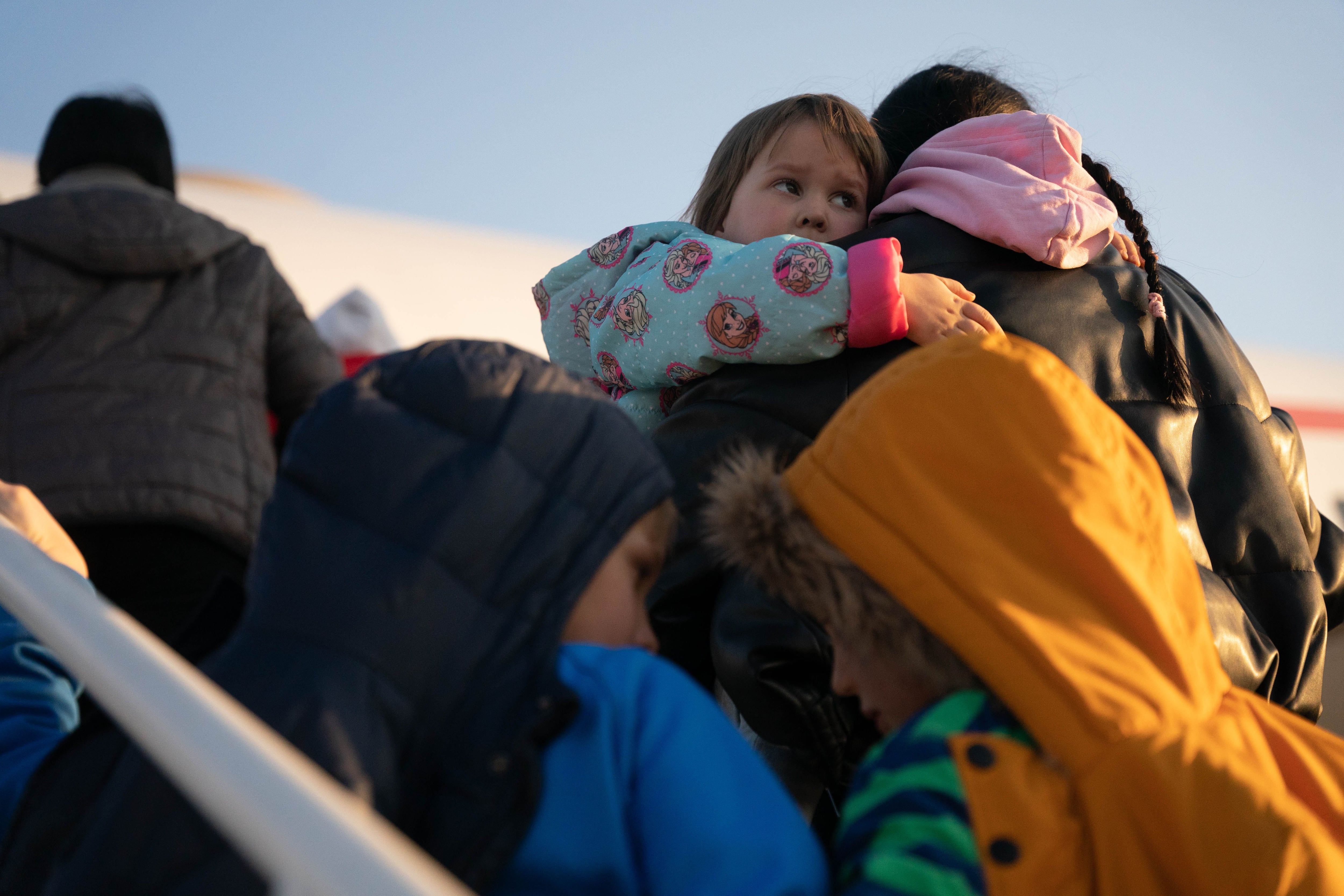
The two of them are part of the group of 179 Ukrainians (70 of whom are children) who boarded a humanitarian flight this Monday, March 21 piloted by Italian-Argentine director Enrique Piñeyro who is going from Warsaw to Rome, Italy. There will be two more flights in the coming days, one to Cagliari and one to Palermo, and all are organized by Solidaire, from Piñeyro, in partnership with Open Arms.
This humanitarian air corridor seeks to save families who have left their homes and who need a place to stay safe until this conflict ends and be able to return to their land.
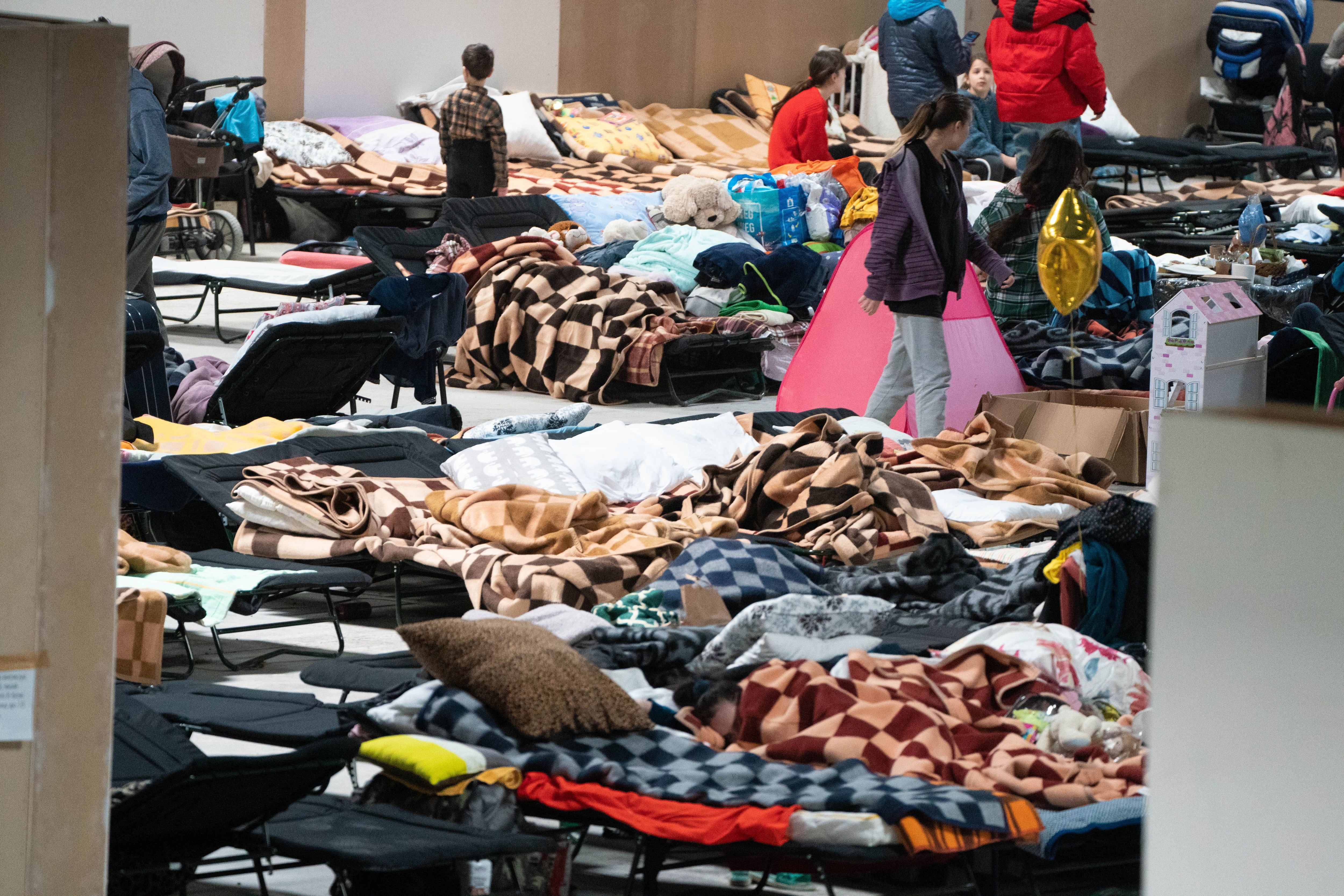
Before boarding the flight, all these people, and thousands more, base themselves at Warsaw Expo, an exhibition center that has become shelter for refugees, which today welcomes Ukrainians in search of shelter, bed, food and a hot shower.
A girl rides a pink tricycle with a broken handlebar through the long aisles of beds and beds, blankets and blankets. Makeshift clotheslines with second changes of clothes, diapers, stuffed animals and the few bags and personal belongings that accompany their owners on what is probably the journey that follows the worst trip of their lives. But essential.
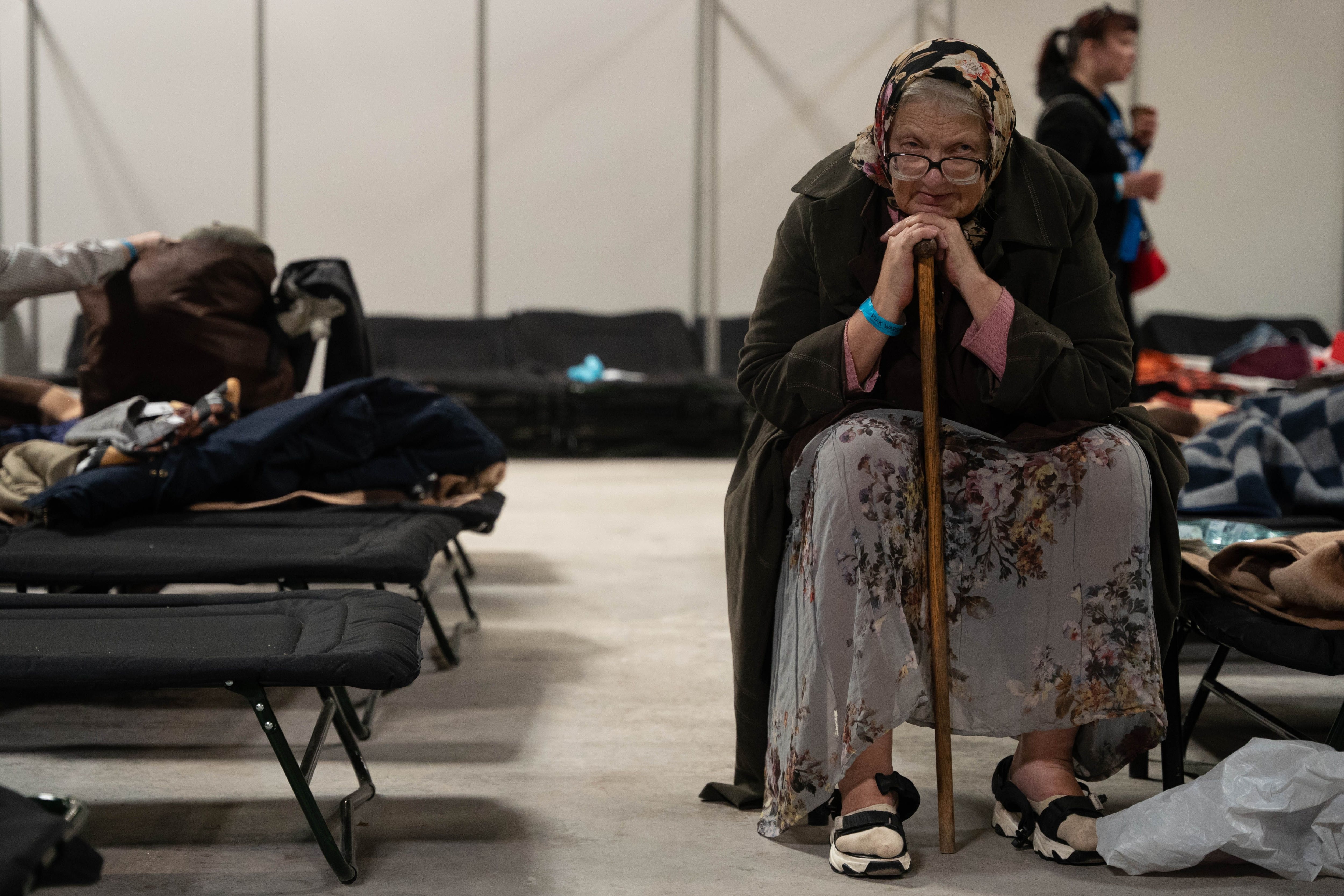
Life here is a long wait. While they chat, sleep and play, the smell of soup floods the place. Helium balloons, drawings with crayons of Ukrainian flags and cats on a leash give life to a solemn and desperate atmosphere. A nursery with hundreds of toys deployed everywhere and children running around, making monkeys and throwing a ball are proof that nothing is lost.
A Polish government worker, who provides everything necessary for Ukrainians to spend their stay in the place as comfortable as possible, explains that people usually stay between a day and a week in general. But there is a mother with her son with autism who has been there for 10 days.
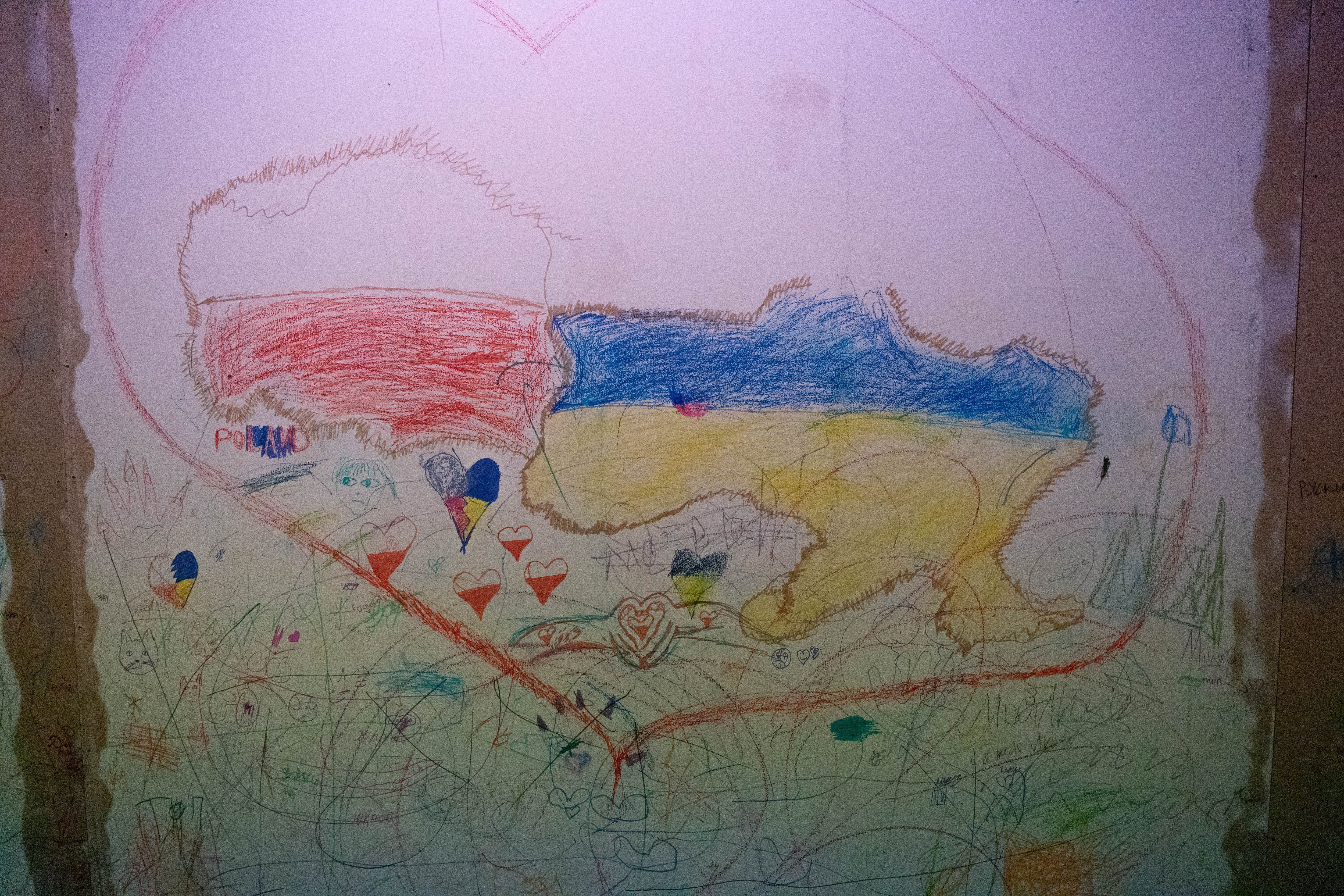
And for some it's time to leave. Those taking part in the flight to Rome begin to get on buses, and those buses will take them to Chopin Airport. It's 16.30 and patients are waiting for me to open gate 38.
Crew members wear yellow and light blue pins and hand out candy to the little ones. The flight is almost full. There were last-minute casualties: people who changed their plans. It happens, it's normal, according to the organizers of Open Arms.
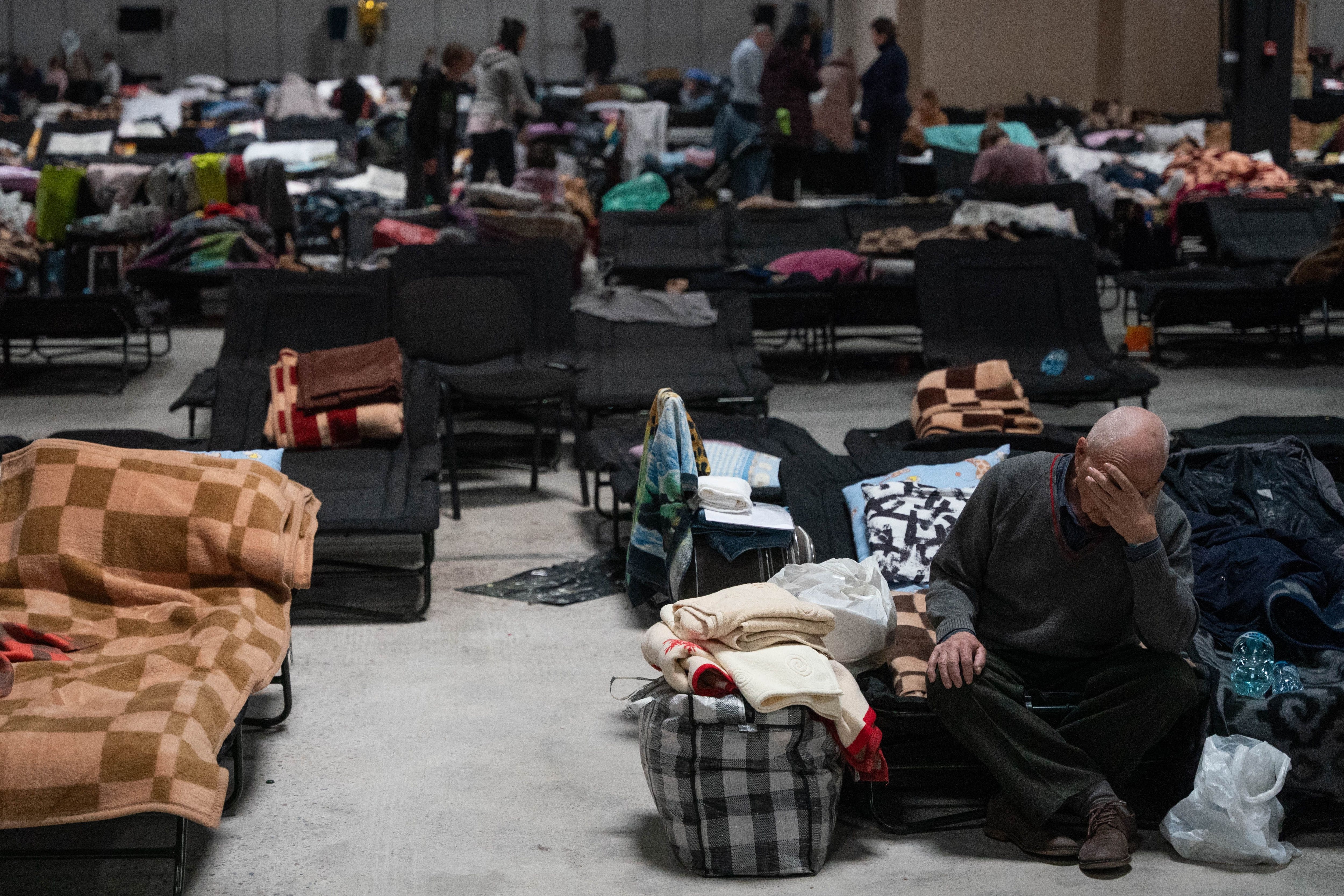
The plane takes off. A small dog barks in distress. He barks and barks and doesn't stop. His owner cries as she hugs him to contain him. They cry together.
Younger children look fascinated by the windows. For many it is their first flight and the excitement of adventure is palpable. Her parents close their eyes and rest for a while.
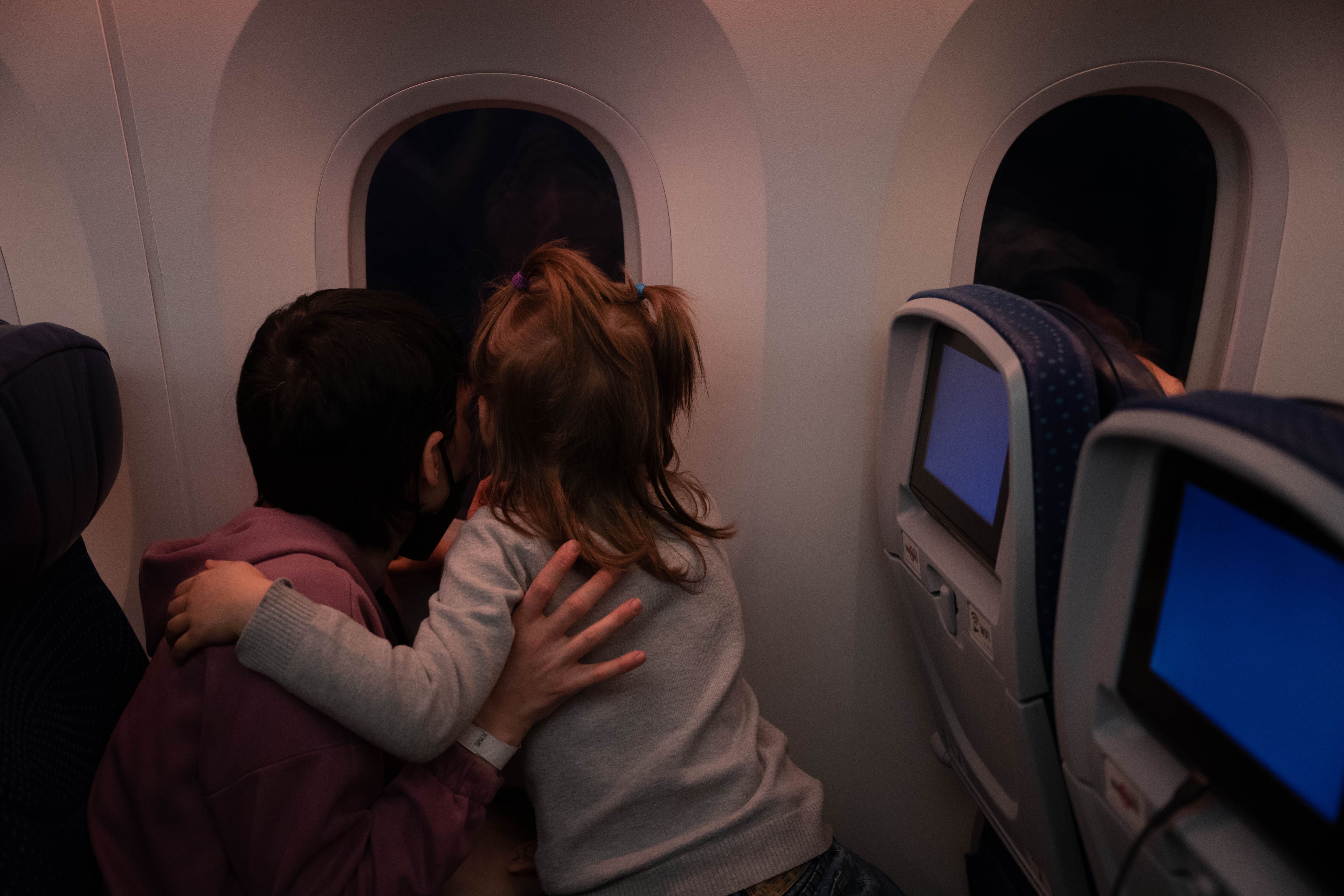
A little girl about 9 years old also seems to look out the window, but, as she turns around, tears shower her cheeks. The mother washes his face and says tenderly. “Don't cry.” The girl nods and turns her face out again.
It's an hour and 45 to Rome. Time flies by. Or perhaps only for some, while for others it must seem endless.
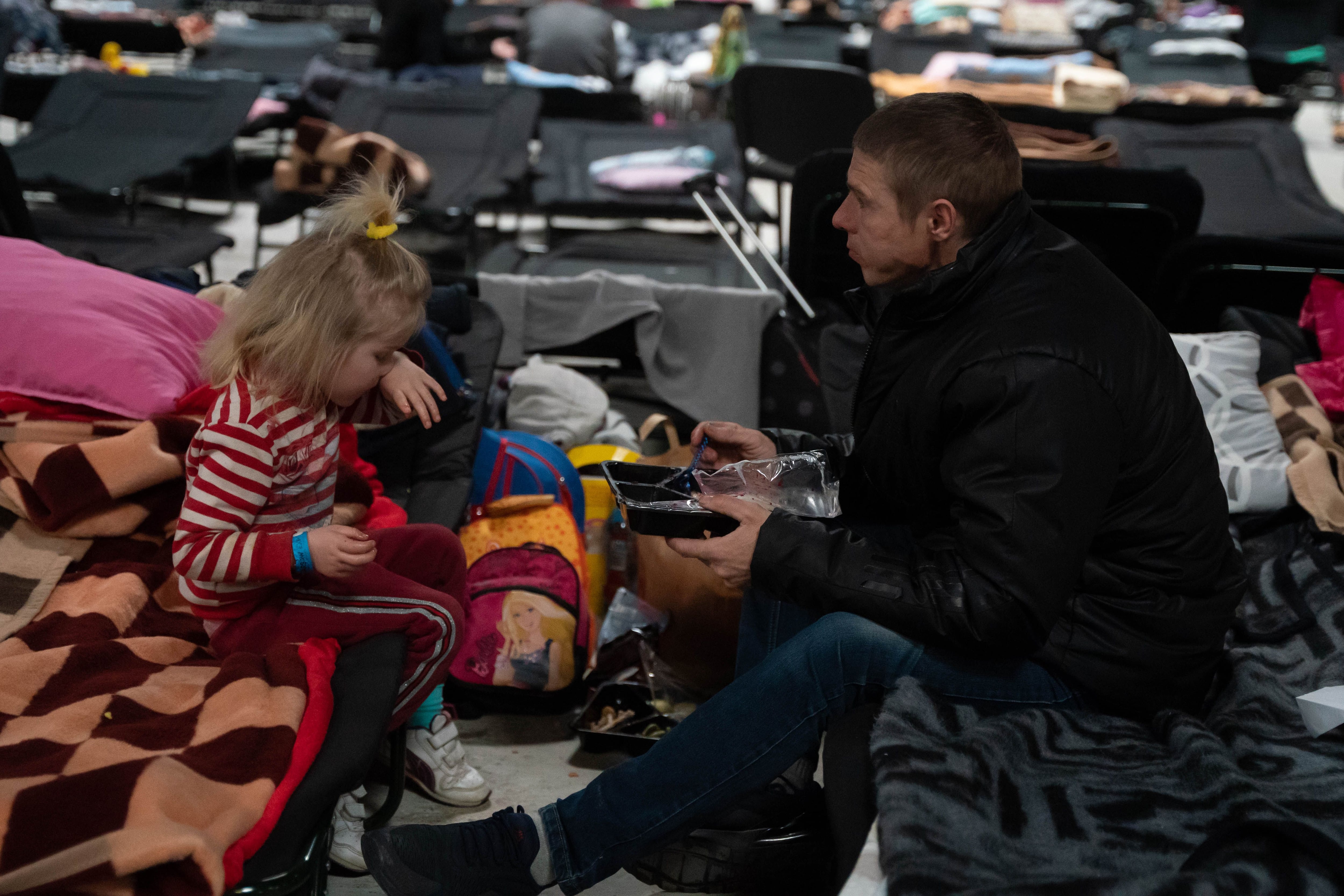
The landing. Uncertainty lurking on the other side.
Outside, dozens of people are waiting for them, applauding and singing the Ukrainian anthem. They haven't come home. But they're safe.
Keep reading:
Últimas Noticias
Debanhi Escobar: they secured the motel where she was found lifeless in a cistern

The oldest person in the world died at the age of 119

Macabre find in CDMX: they left a body bagged and tied in a taxi
The eagles of America will face Manchester City in a duel of legends. Here are the details

Why is it good to bring dogs out to know the world when they are puppies




